First Mammogram Anxiety: How to Cope — Tips From a Gestalt Therapist
First Mammogram Anxiety
You’ve officially joined the 40+ club, and that means it’s time to schedule your first mammogram. You may have been masterfully postponing it — but now the referral slip is sitting on your desk and the reminder pops up in your Google calendar. It’s time. The thought of going through it might feel uncomfortable, maybe even a little scary. And you’re not alone.
For many women, scheduling their first mammogram brings a wave of anxiety. You might be worried about the pain or discomfort. You might have heard stories of someone who was diagnosed with breast cancer during their very first screening. Or maybe it’s the waiting for results that feels overwhelming. All of these feelings are valid — and far more common than you might think.
Why the First Mammogram Can Feel Stressful
Getting your first mammogram can stir up a mix of emotions. Part of the stress comes from the unknown — you don’t yet know what to expect, and our minds often fill in the blanks with worst-case scenarios. Add to that the stories we hear from friends, family, or even online, and the anxiety can build quickly.
Some women worry about the physical discomfort — the squeezing, the pressure, or the possibility of pain. Others carry fears about the results, especially if someone they know has gone through breast cancer. Even waiting for those results can feel like an eternity, leaving you on edge.
It’s important to know that these reactions are normal.
Anxiety thrives on uncertainty. Our minds spin stories: What if it hurts? What if the tech is cold or dismissive? What if they find something? All of these scenarios are possible — but they haven’t happened yet.
It’s a little like being a child on a long car ride, asking your parents, “Are we there yet?” and hearing, “Not yet.” The same is true here: you’re not there yet. You don’t have the results, you’re not in the pain, you’re not with the unfriendly tech.
The hardest part is slowing yourself down enough to sit with the unknown, instead of rushing toward a scary future that hasn’t started
Ways to Cope
One thing that helps is distraction — bringing a book or a podcast while waiting in the office. Okay, it’s your turn! Your name got called! Breath..
When you meet the technician, it helps to say the obvious: “This is my first mammogram, and I’m anxious.” In fact, many techs will ask you right away if it’s your first time. My tech reassured me that she knows how anxious patients can feel, and that it’s usually not as bad as people imagine. Just hearing that gave me such relief — I didn’t have to pretend to be calm. I could be anxious, and still get through it.
My own experience with pain was tolerable — not pleasant, but manageable. Pain tolerance is different for everyone, but if you find yourself uncomfortable, try to reassure yourself: “I’m doing my best, I’ve already made it through part of this, and the procedure will be over soon.”
When you’re finished, it can help to reward yourself. You can buy yourself a delicious treat or do something fun-whatever feels like a way of saying “I did it.” You can also share with supportive friends and even bring a little humor into it: “I survived my first mammogram!”
Waiting for results may be the hardest part. This is when anxiety often spikes. Remind yourself: it’s normal to worry about the results. You might even say to yourself, “I’m feeling anxious right now” — just naming it can bring some relief. Notice your breathing, stretch your body, and take a walk. Staying physically active helps release some of the anxious energy.
Keep yourself connected to your daily routine, lean on friends, and remind yourself that you’ve already done something important for your health.
Experiencing health anxiety is not fun, but support is out there — and you don’t have to go through it alone. If what I wrote resonates with you and you would like more support, please don’t hesitate to reach out for a free consultation. Together, we can explore ways to manage the anxiety, find your voice with doctors, and give yourself the care you deserve.

